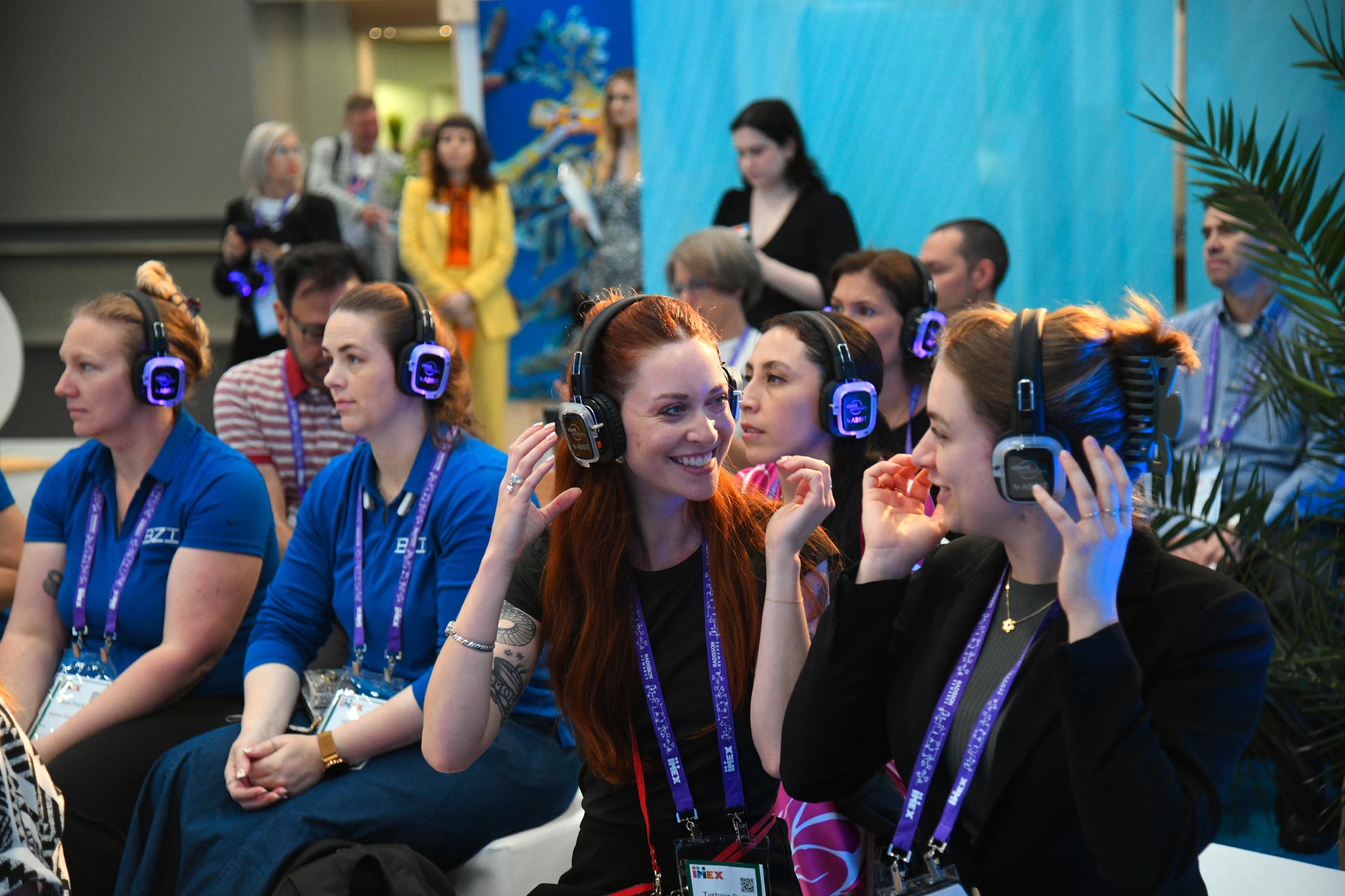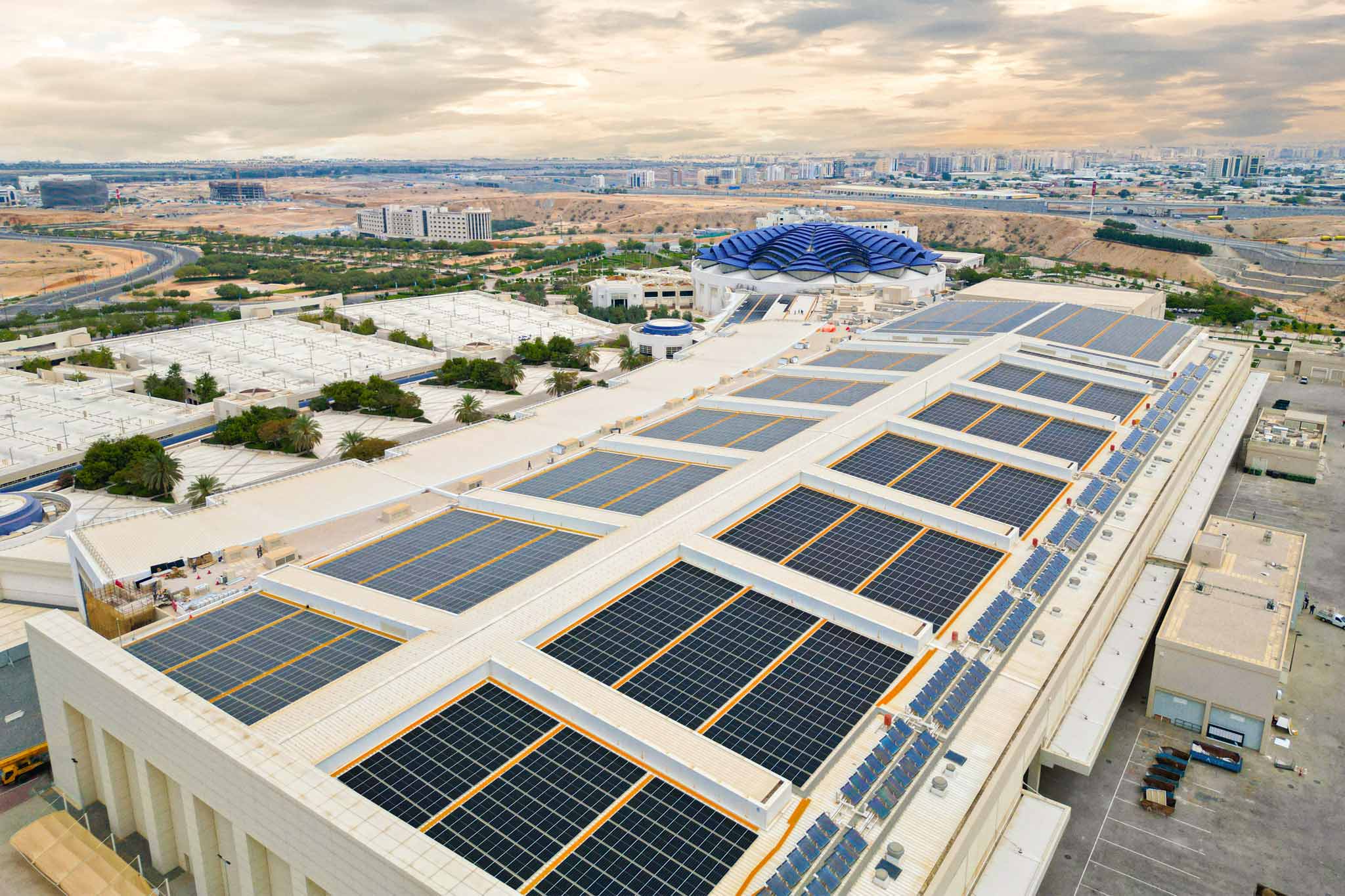Simon Birmingham: “Business events are arguably the quiet overachiever of Australia’s visitor economy, delivering huge benefits to the broader economy. When you consider that of the $44 billion that international visitors spent on their travels to Australia in the last 12 months, $5 billion of this was spent by business events visitors alone. The significance and scale of this sector are obvious. In terms of its relative size, these visitors comprise the second-largest yielding international visitor group for Australia after China and are more valuable in terms of international visitor spending than key individual inbound markets such as the U.K. and the U.S. From large-scale association conferences and meetings to exhibitions and international corporate incentive trips, these events provide a significant boost by filling hotel rooms and restaurants, and driving visitation to key attractions.”
“But not only do these high-value events deliver immediate benefits for Australia, they also leave a lasting legacy and help to build on our reputation for offering an unbeatable combination of destination appeal, innovation, leading knowledge sectors, and a proven track record in event delivery across a broad spectrum of fields. A great demonstration of this is the SportAccord Summit, a prestigious week-long sporting federation event that Australia hosted for the first time last year. The Summit, which was held on the Gold Coast, involved 1,700 delegates from the world’s leading sporting federations, associations and businesses from more than 80 nations including the highest ever number of International Olympic Committee members. The event has helped raise the country’s profile on the world stage for future sporting events including the exciting prospect of a 2032 Olympics bid for Brisbane and South East Queensland.”
Australia is known for being perhaps the worldwide frontrunner when it comes to strategic thinking within the business events industry, a reputation supported by the book, The Power of Conferences by professors Carmel Foley and Deborah Edwards, at University of Technology Sydney (UTS). The Australian Government is actively supporting the business events sector.
“Business events are arguably the quiet overachiever of Australia’s tourism industry”
“The global business events industry is highly competitive, and one that is becoming increasingly crowded as more and more destinations vie to secure lucrative events. While we know that Australia is a highly appealing destination among event decision-makers and potential delegates, we face several inevitable barriers created by our relative distance from much of the world and the associated costs with travel here. The Government remains absolutely committed to supporting the industry to overcome these challenges so that we remain one of the most sought-after destinations for events. That is why we established a $12 million business events bid fund, to provide Australian organisations and destinations with a competitive advantage when bidding to secure international business events. The fund, which is managed by our national tourism marketing agency, Tourism Australia, has been met with overwhelming support from the industry. After just over 18 months of operation, it has received 136 event applications and helped to secure 33 events for Australia worth more than $340 million.
“The bid fund is just one element of the work done by Tourism Australia to increase awareness and drive demand for Australia as a business events destination. The agency’s dedicated business events unit, Business Events Australia, offers a range of support to the industry including marketing communications resources, industry partnerships and distribution development programmes. The agency also hosts several significant trade events that promote and grow the sector, including Dreamtime, Australia’s largest business events showcase; and the Greater China Showcase, which connects Chinese agents with Australian business events products. To complement these efforts, the Government has also implemented a range of reforms to address the pressure points and barriers facing the broader tourism industry, including those relating to visas, aviation access, tourism infrastructure, and labour and skills.”
The Foley/Edwards study was the first coordinated, global effort to measure and document these benefits in ways that can be used to advocate to governments and communities about the vital role played by business events. While finding mostly positive effects from business events, the report also identifies barriers to achieving lasting legacies, such as organisers neglecting to set long-term objectives or to look beyond internal organisational goals. In response, the researchers have developed six ‘golden rules’ for business events gleaned from best practice among the global case studies, which covered scientific conferences, industry congresses and focused gatherings for specific groups such as the tech sector.
“That is why we established a $12 million business events bid fund”
These include, as first steps, involving stakeholders such as governments and business in setting legacy objectives, based on agreed industry problems, issues and opportunities.
Overall, the report recommends more significant investment in improved measurement, evaluation and formal reporting of the longer-term contributions of business events beyond the tourism spend, particularly to government stakeholders. Now the future looks bright for Australia because the rest of the business events world is very much looking at the country and what will happen there in the next five to ten years.
“The next few years are set to be exciting ones for the industry with a number of notable international conferences and conventions already confirmed for Australia. One of the most significant of these is the Rotary International Convention, which will be staged in Melbourne in 2023. The four-day event, which was secured with the help of Tourism Australia’s Bid Fund Program, is expected to attract 10,000 international delegates from more than 200 countries, delivering an $88 million boost to the economy. Importantly, the kinds of visitors that these international events attract are not only high yielding, but they often extend their visit to regional parts of Australia and are more likely to return for a holiday in the future with their families and friends.
“For Australia to retain its edge in the increasingly competitive business events landscape, we need to continue to give decision-makers, event leaders and travellers a reason to come by continuing to improve and develop our tourism offerings, while reminding the world that we are an innovative, diverse and welcoming destination. Work is underway to develop the Government’s second iteration of its long-term visitor economy strategy, which will build on much of the good work that has already been done across the sector while also driving new policies and initiatives to encourage sustainable growth,” says Simon Birmingham.
Simon Birmingham is the Minister for Trade, Tourism and Investment and Deputy Leader of the Australian Government in the Senate. His earlier political career saw him in positions including Shadow Parliamentary Secretary for the Murray-Darling Basin and the Environment, and Assistant Minister for Education and Training before taking appointment as the Minister for Education and Training. He has a master’s degree in Business Administration from the University of Adelaide and has worked for a number of industry bodies, establishing experience in the wine, tourism and hospitality sectors.



